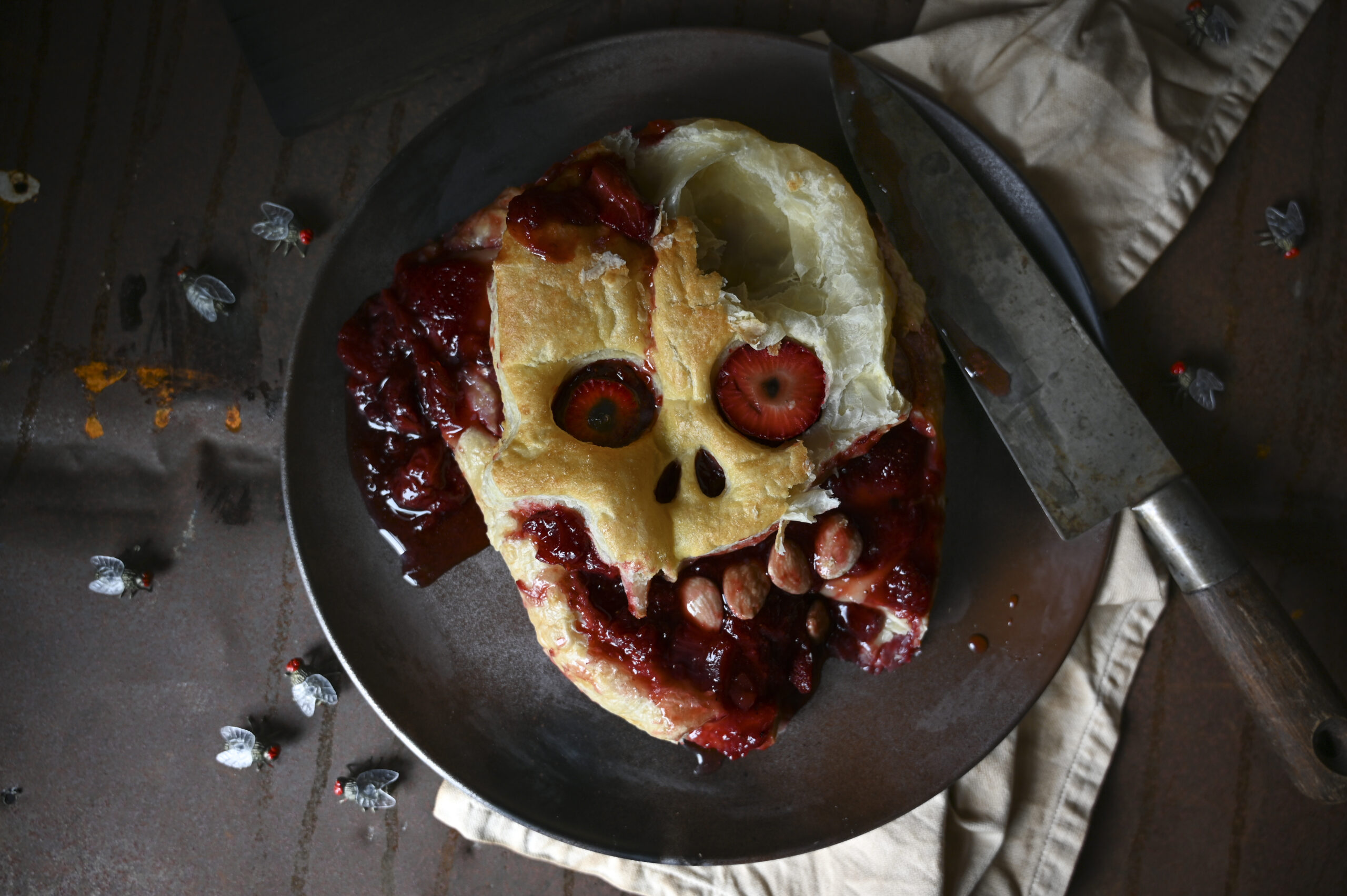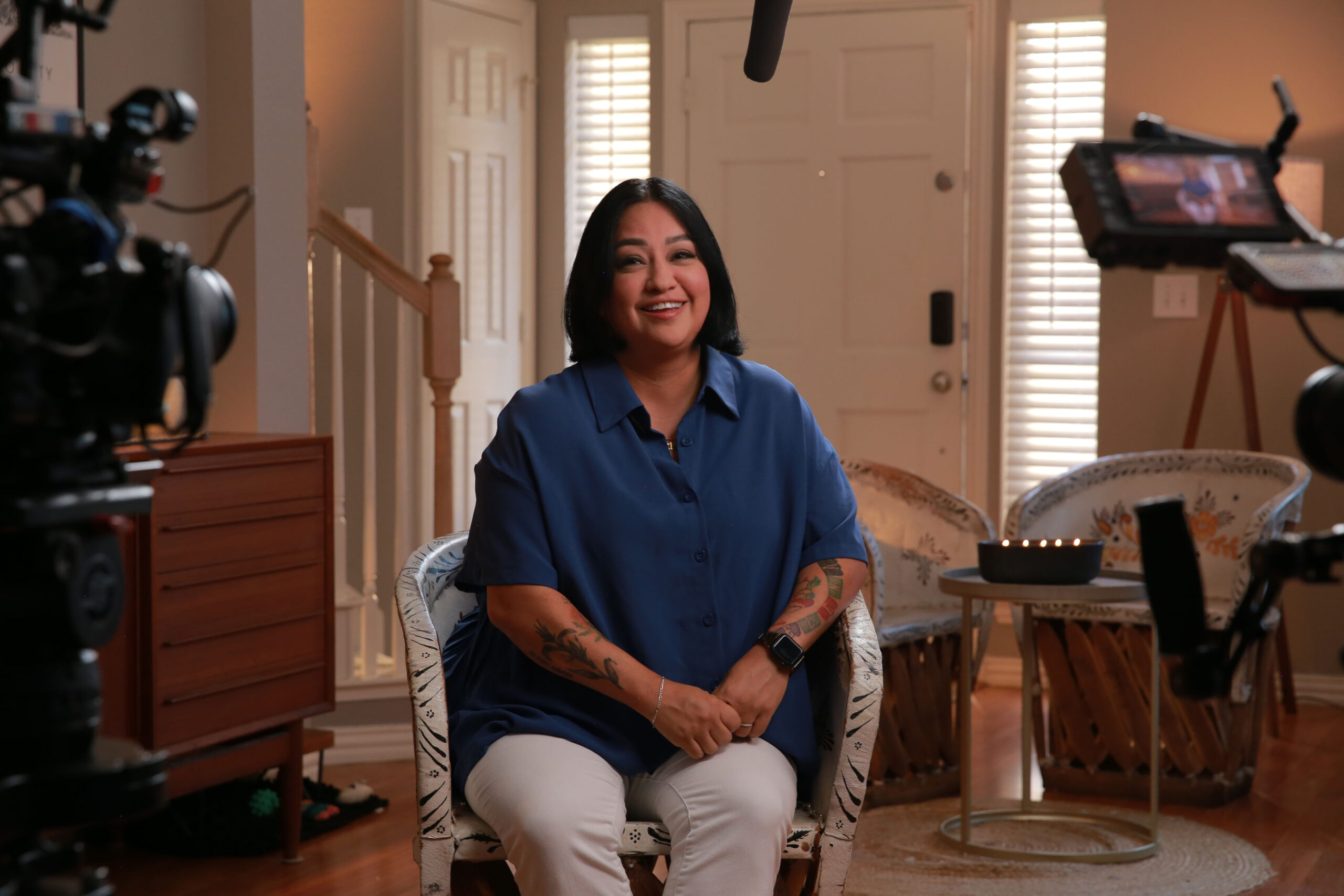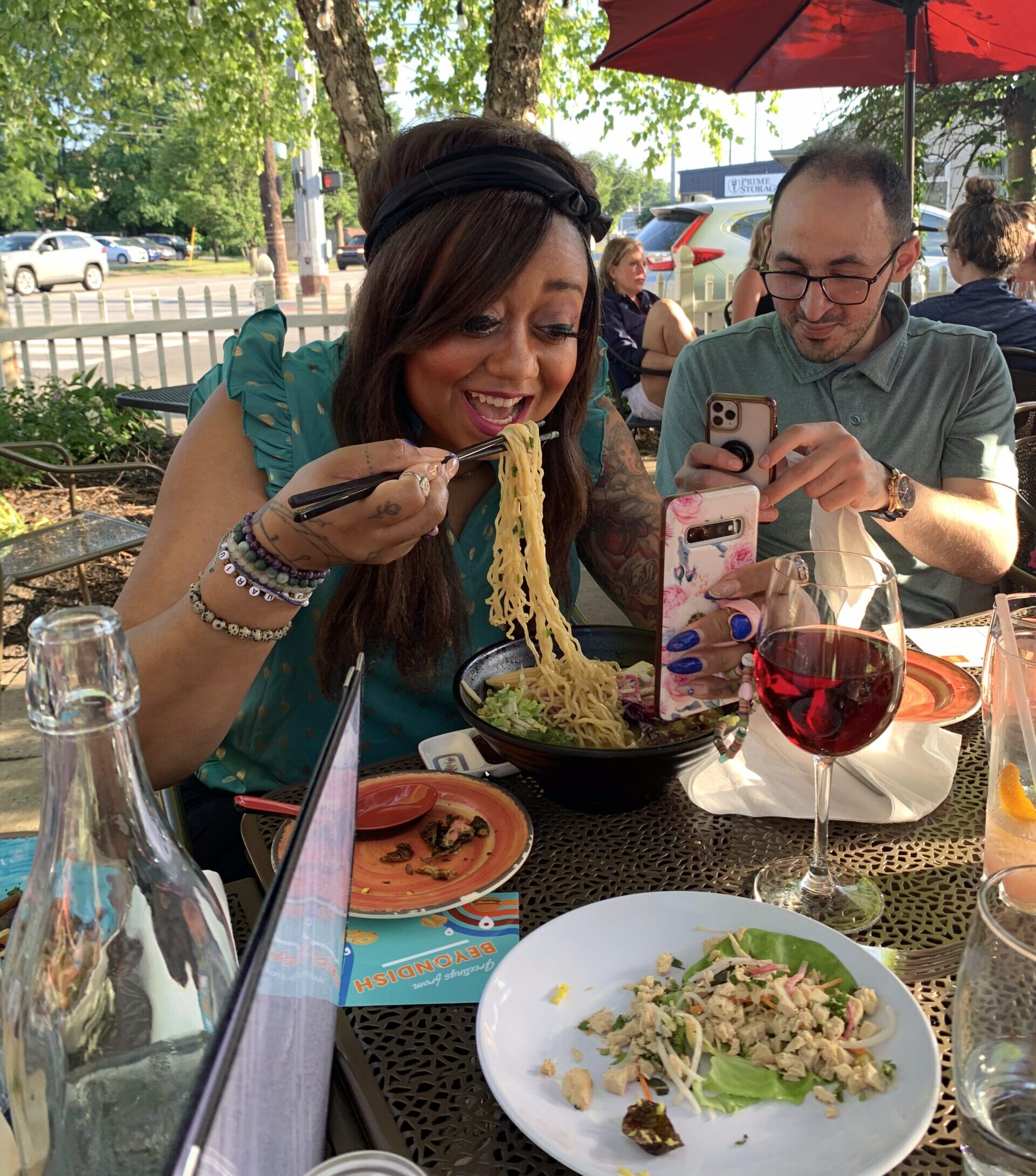
Tequila is a Mexican Designation of Origin product, meaning spirits can only be called “tequila” if they are made with agave grown and distilled in Jalisco, Mexico. So what do you call spirits made with the same agave but distilled outside of the region? Wild Hare Distillery in Tempe, Arizona calls it agave spirits and sells it under the label Drove. Their agave spirits rival top shelf tequilas and have the awards to prove it.
Wild Hare was started by Jim Matz and Wendy Tilton. Tilton had previously tried her hand at making whiskey and vodka with a friend in Houston, but thought her bootlegging days were behind her when the couple moved to Arizona to be closer to Matz’s son. After sharing some of their remaining product with new friends, Matz thought opening a distillery could be a great business venture. Both had been self-employed for a long time, and Tilton had a background in laboratory work, so they were confident they had the experience to get the business off the ground.

It took two years between the seed idea and having the first bottle in hand in 2018. They did market research to determine that their early ideas, like bourbon or vodka, would be entering an oversaturated field. However, agave spirits were a burgeoning market. “Maybe we were bleeding edge instead of leading edge,” said Tilton, “I think possibly the research I was reading was very futuristic. There are so many people that do not understand that an agave spirit is tequila.” So Wild Hare made it its mission to educate consumers on the subtle distinction between the two.
Agave comes to Wild Hare from Jalisco in nectar form. Their supply comes with a detailed certificate of scientific analysis and contains a superior quality of sugar. Wild Hare is an extremely small batch distillery, producing just ten gallons a run, so it is important that the raw materials they use are top quality and consistent. High sugar fermentations can be finicky and difficult for many people, but Tilton has been successful and Drove is the proof.
The eight flavors of agave spirits they make all start with their Cristal spirit as a base. The Cristal, similar to a blanco, takes two weeks to make, and they ferment and distill it three days a week. From there, they infuse and age the product to create the different flavors. The aging is done in charred barrels for two to eight weeks, depending on the variety.

El Roble, the Roble Húngaro and Roble Blanco Salvaje are all infused with wood and reminiscent of dark liquors like scotch and whiskey. Roble Blanco Salvaje, their best seller, was a happy mistake made with a medium toasted barrel and vanilla beans that, instead of overpowering each other, blended beautifully. There are two types of coffee-flavored product: a limited edition made with Ethiopian beans and one made with beans from Kona, plus vanilla, cinnamon and chocolate. The cinnamon varietal was created to fill a market niche while the chocolate was created so customers could enjoy chocolate martinis without mixing spirits or adding tons of sugar.
Though their current lineup sells well, Tipton often tires of a flavor and thinks about ending it’s run. “I go through every month or two and think one isn’t selling and we should get rid of it or make it seasonal – and then we sell two cases,” she said. There have also been epic failures when developing new varieties. Almond was probably the biggest mistake. “It was horrible, just oily and so bad,” Matz said. Pomegranate was too acidic and not a keeper. But Tilton loves working with people to make custom blends like the tea-infused spirits she’s working on for a nearby tea room and cocktail bar, or the gin a customer wants to private label to benefit an animal rescue group. They would also love to add some seasonal and local flavors like prickly pear.

Neither Matz nor Tipton were big drinkers or super knowledgeable about alcohol before they got started in the business. Now they can appreciate commercial products and notice subtle differences in their own. They are always striving to make the best and most consistent product, as lack of consistency is a common reason local restaurants avoid independent spirit brands. Their hard work has paid off with tremendous customer reviews and wins at the World Spirits Competition in San Francisco and the Asian International Spirits Competition, where they were the only American company to place in their category.
For now, you can buy Drove at some Total Wines and other liquor stores in Arizona or at their tasting room in Tempe, where they also sell their whiskey. Wild Hare products are also available on the menu at a few local restaurants, though Covid-19 has put some of their partnerships on hold. The owners say Wild Hare will continue to focus on Drove and ramp up their production and sales. Just look for the hidden bottle in the bunny ears of their logo.
NEXT ON THE DISH








